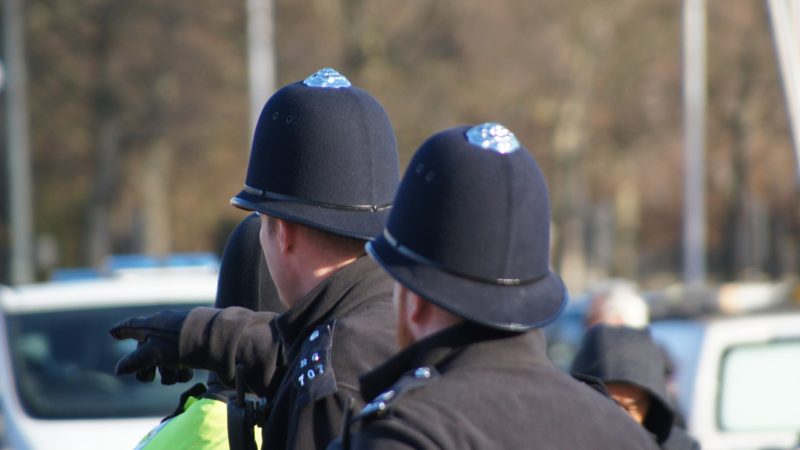
When working as a social worker in my twenties, I was stabbed in the neck by a child in my care. As a personal trauma, it forced me to examine my commitment to social work but the wound healed and many years later I have a career behind me of probation, management of a homeless people’s charity, community regeneration and drug treatment commissioning.
What the event gave me was a heightened concern for where the violence comes from. It made me focus on the practical policies that can influence how young people grow up and how they can learn to deal with some of the pressures that they are subject to. All socially engaged teenagers run a gauntlet that includes crossing paths with criminal groomers, drug dealers and tempting opportunities for excitement. The groomers know exactly who to target for various tasks such as drug dealing, punishment attacks and prostitution. It is largely on the children from low-income families, deprived communities and those who are being brought up in care that they focus on, as they they often have low self-esteem and are looking for excitement and money. The groomers spot the child’s vulnerabilities and they exploit them because we, as a society, do little to protect or care for them.
It takes a community to raise a child, and that includes the public services that are an essential part of a sophisticated society. In 2010, there were over 21,000 more police than there are now but Theresa May as Home Secretary slashed that budget. This led to the death of community policing, which had proved so successful in keeping crime down. The police no longer have the same eyes, ears and presence at the heart of communities and many young people are carrying knives out of fear – May might as well have declared open season for the criminals to take charge.
In the 2000s, our children were benefitting from the many socially responsible policies that had been put in place by our Labour government. The Sure Start programme was active in many low-income areas, supporting toddlers and their parents in preparing them to learn, to socialise and take part successfully at school. The Sutton Trust has estimated that 1,000 such Sure Start centres have closed since 2010 with the inevitable consequence that many struggling families, hit hard by austerity, no longer get any help.
Key to supporting children to meet the challenges that face them on the streets and for them to grow safely into responsible adults is to be cared for and protected by their community and public services. They also need to be enabled to develop and explore their own skills and abilities, to then grow their sense of self-worth. The front lines for this are schools, pupil referral units and youth services.
Within schools, the broad range of subject matter and teacher specialities has declined, with Arts lessons and teachers falling by at least 20%. Michael Gove, himself an ex-actor, started this process and schools now no longer have the money for the full range of staff or subjects, leaving children with fewer opportunities to experiment and excel. Worried parents are being asked to subsidise their child’s schools with gifts but most of them have experienced pay cuts and freezes and are in no position to help. Pupil referral units are bursting at the seams with some even closing to referrals because they just can’t take any more.
Local government funding for youth services has been cut by two thirds across the country, with the lion’s share of central government’s youth budget going to a hardly used service called the National Citizen Service – not exactly a project or name guaranteed to draw in disaffected youth. Our children need our help through key services to grow up safely, and they need the example and support of a functioning, caring community to succeed or there will be no end to this ghastly slide into teen criminality.




More from LabourList
Tom Belger column: ‘Why is Labour making migrant exploitation easier?’
Ashley Dalton resigns as health minister for cancer treatment
Paul Nowak column: ‘Labour must focus on the basics’